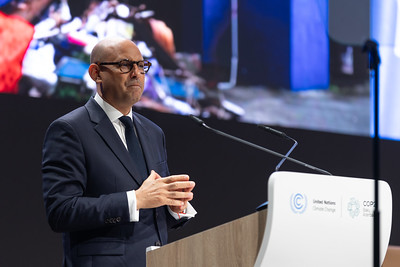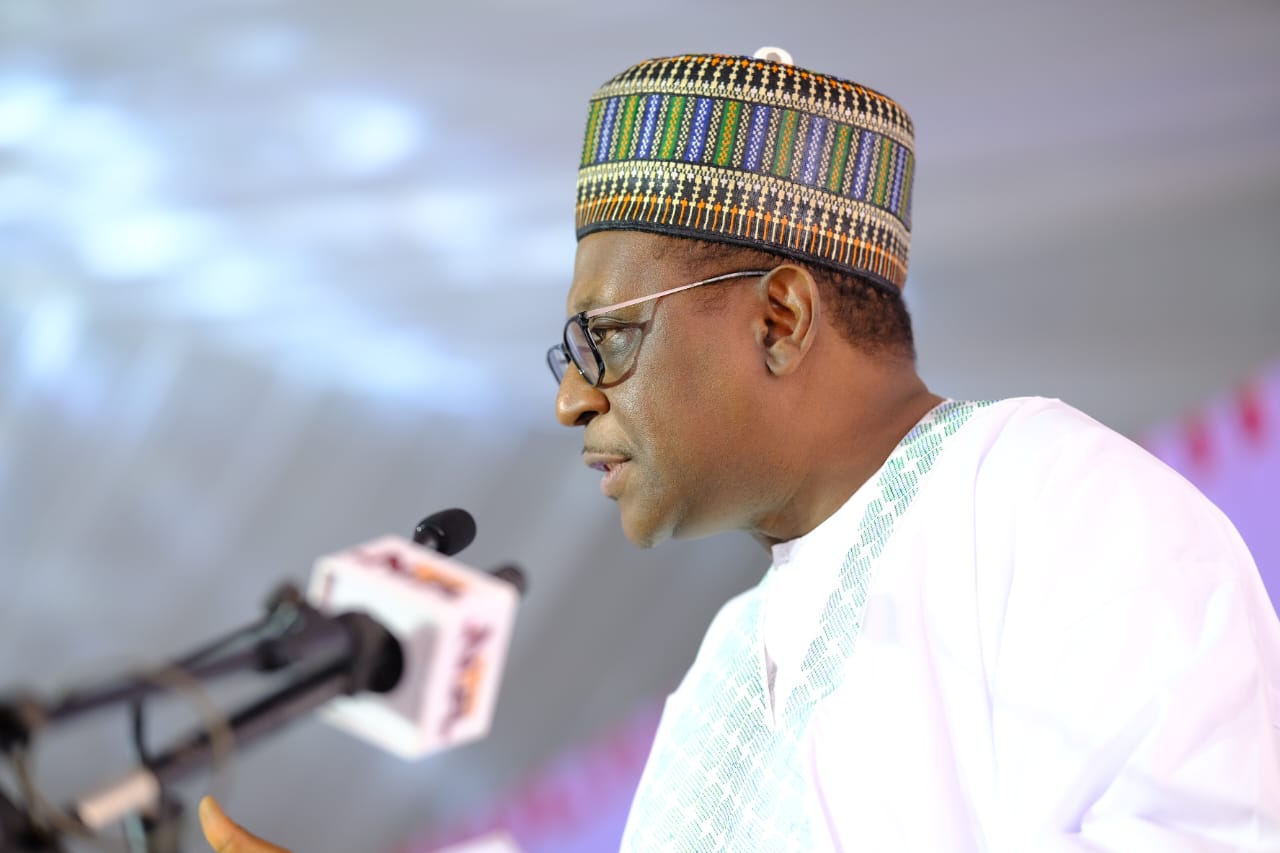Nigeria Minister charge World Leaders to Leverage on Expertise to Curtail Global Emissions, Protect Environment

By Fatima Saka
Minister of Environment, H.E. Balarabe Abbas Lawal has charged the world leaders to leverage on experts’ proficiency and resources to reduce global emissions.
He added that this will not only protect the environment but also promote economic prosperity and social equity.
He thereby call on all stakeholders to actively engage in the consultation process and provide feedback to refine and strengthen the collective response to the pressing global issue.
Balarabe made this call on Monday at the PAT 4786TH Inland Transport Committee Conference on Reduction of Greenhouse Gas Emission FROM Transport Sector Organized by the United Nations Economic Session for Europe, United Nations House, Geneva, Switzerland.

Revolving the theme: “Taking Ambitious Climate Action – Moving Towards Decarbonised Inland Transport by 2050”
The minister further emphasized that this is the time to chart a course towards a more sustainable and resilient transport system.”
According to the minister: “Distinguished delegates, esteemed colleagues, ladies and gentlemen, it is my honour to address you today at the 86th Session of the Inland Transport Committee Conference. As we convene to discuss critical issues pertaining to the transport sector and its impact on our environment, it is imperative that we collectively acknowledge the adverse effects of greenhouse emissions to our environment as a result of transportation and the urgency to tackle this crisis faced by our dear planet.
“Transportation, while essential for societal progress and economic growth is also a significant contributor to greenhouse gas emissions. The emissions from the transportation sector, particularly from Road, Rail, and Inland waterways pose a grave threat to our environment and public health. Therefore, it is our collective responsibility to take decisive actions to mitigate these emissions and transition towards a sustainable and resilient transport system.
“In line with this commitment, the Government of Nigeria on its part will continue to create an enabling environment that would support reducing greenhouse gas emissions in the transport sector and this requires implementable strategies that must have a multi-faceted approach to encompass technological innovation, regulatory measures, and international cooperation.
“This international cooperation is paramount in addressing the global nature of the challenge of inland transport emission.”





